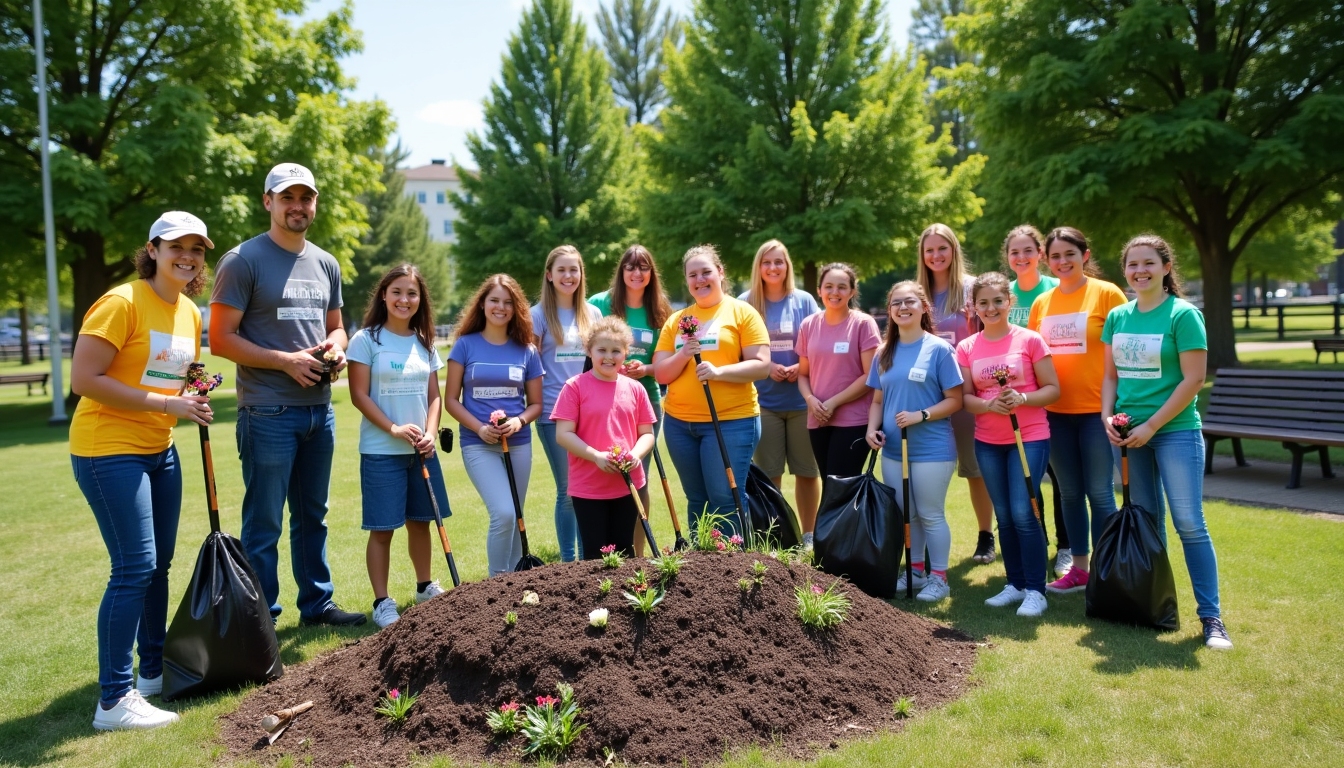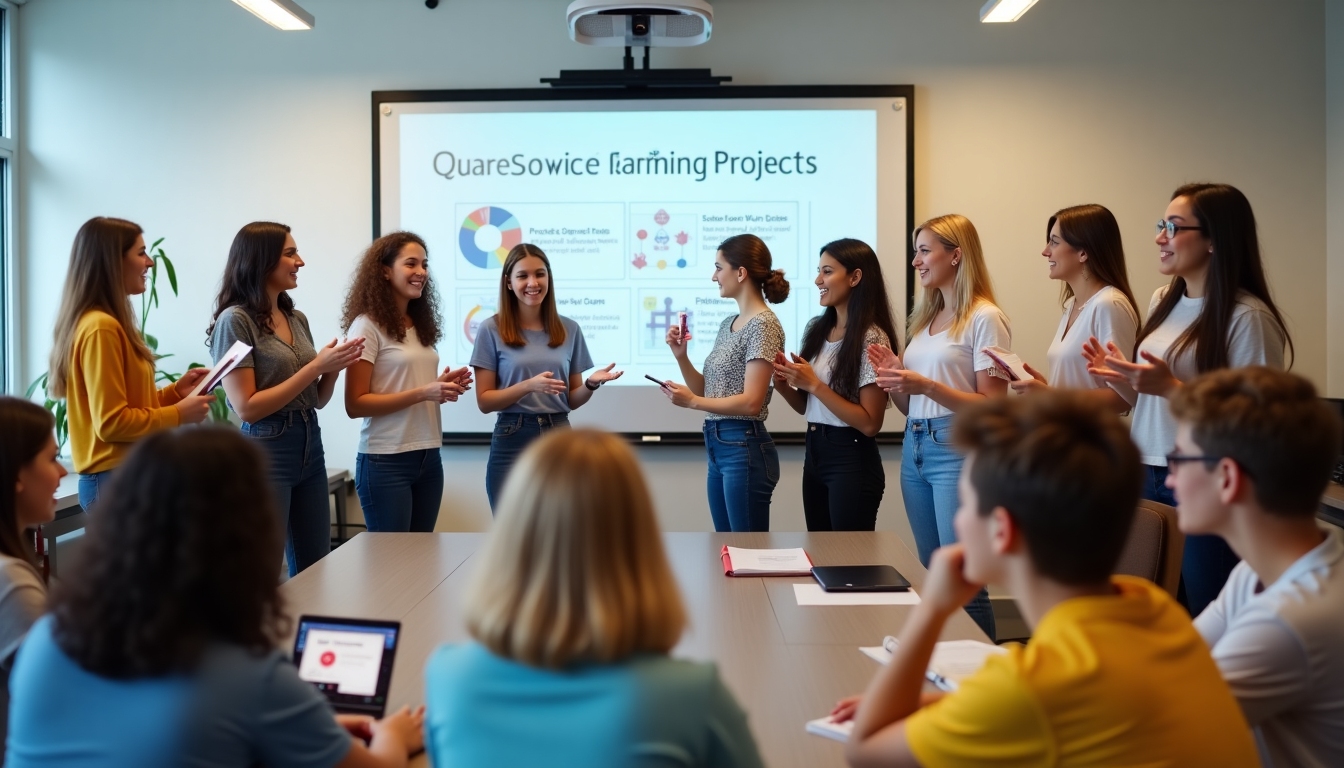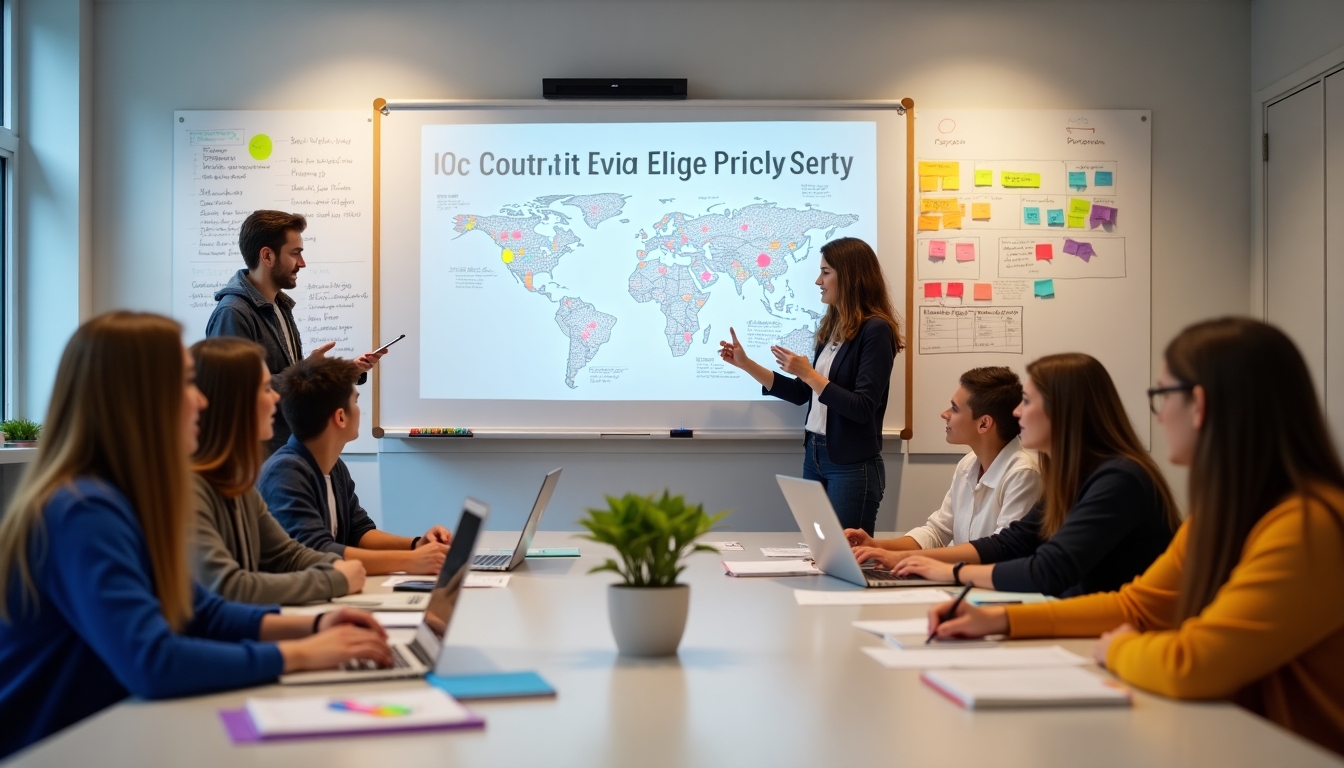The Impact of Service Learning and Civic Engagement
By , December 15, 2024
Overview
Service learning and civic engagement provide a unique blend of academic learning and real-world impact, empowering students to gain practical skills while contributing to community welfare.
Understanding Service Learning
Service learning is more than just volunteering; it’s a method of teaching and learning that combines community service with academic instruction. This approach enhances students' learning experiences, fosters civic responsibility, and strengthens communities. Unlike traditional volunteering, service learning includes academic components that require reflection, analysis, and critical thinking.
Personal Insights into Service Learning
From my experience mentoring high school students, I observed profound personal growth and development as they engaged in service learning projects. They learned to collaborate, lead, and empathize with others while applying classroom knowledge to address real-world issues. The blend of learning and serving had a transformative impact, broadening their perspectives and enhancing their understanding of complex social issues.

Key Benefits of Civic Engagement
Civic engagement goes hand in hand with service learning, encouraging individuals to connect with their communities more deeply. It teaches students essential life skills, including effective communication, critical thinking, and problem-solving. Participation in civic activities fosters a sense of belonging and purpose, motivating people to contribute positively to their communities.
Benefits at a Glance:
- Enhanced Academic Performance: Students often see improvements in their critical thinking and application of knowledge.
- Social and Emotional Growth: Interacting with diverse groups helps develop empathy and social skills.
- Stronger Communities: Programs help address local issues and build community bonds.
How to Integrate Service Learning
To effectively integrate service learning and civic engagement into your curriculum or organization, start by identifying local needs that align with your educational goals. Collaborate with community partners to design projects that are mutually beneficial, ensuring students know the scope and objectives. Regular reflection sessions can help students connect their experiences back to theoretical learning and personal growth.

Service Learning Projects: Lessons from Experience
One notable project I facilitated involved students partnering with local environmental groups to clean parks and educate community members about recycling. The project’s success lay in its alignment with academic goals—students applied lessons from their environmental science class to real-life community engagement. The collaborative effort taught them leadership skills, environmental responsibility, and the importance of sustainable practices.
Challenges and Overcoming Them
While service learning is rewarding, it’s not without challenges. Coordinating between schools and community organizations can be complex, and there's always a risk of projects straying from educational goals. To overcome these challenges, clear communication and established objectives are crucial. Establishing a feedback loop ensures all parties remain aligned and allows for adjustments as needed.

Reflection and Growth
Reflection is a critical component of service learning, encouraging students to think deeply about their experiences. Through structured reflection activities, students evaluate their impact, understand the broader societal implications of their work, and identify areas for personal growth. This reflective practice fosters lifelong learning and commitment to civic duties.
Final Thoughts on Service Learning and Civic Engagement
Incorporating service learning and civic engagement into education provides invaluable experiences that shape responsible, civic-minded individuals. These practices equip students with skills to address societal challenges and make positive community contributions. By fostering a culture of service and engagement, we can cultivate empowered future leaders prepared to tackle global and local issues.

Recommended Readings
To further explore the benefits and implementation of service learning and civic engagement, consider these resources: - Understanding Service Learning: Principles and Practices - Teaching through Community Involvement: A Guide for Educators - The Impact of Civic Engagement on Student Success